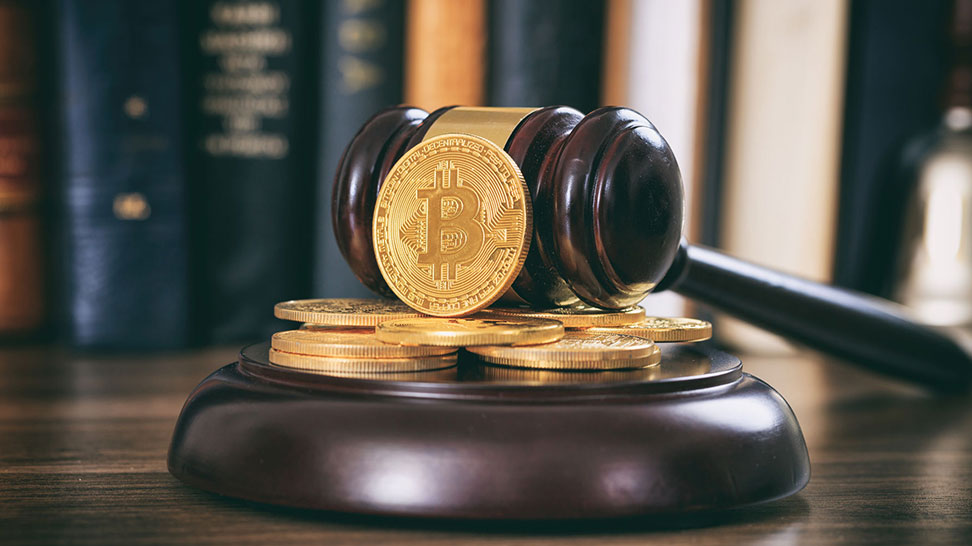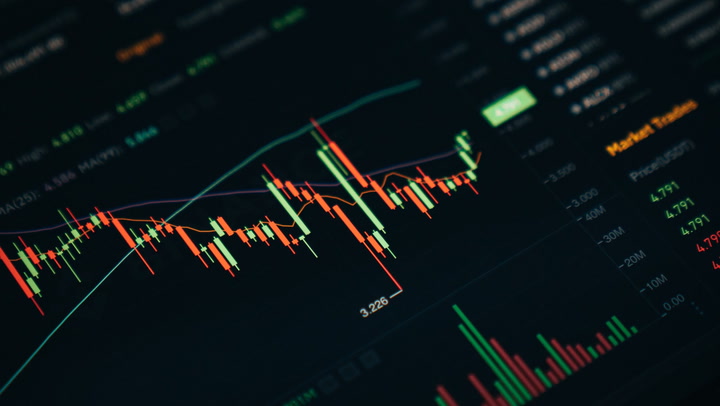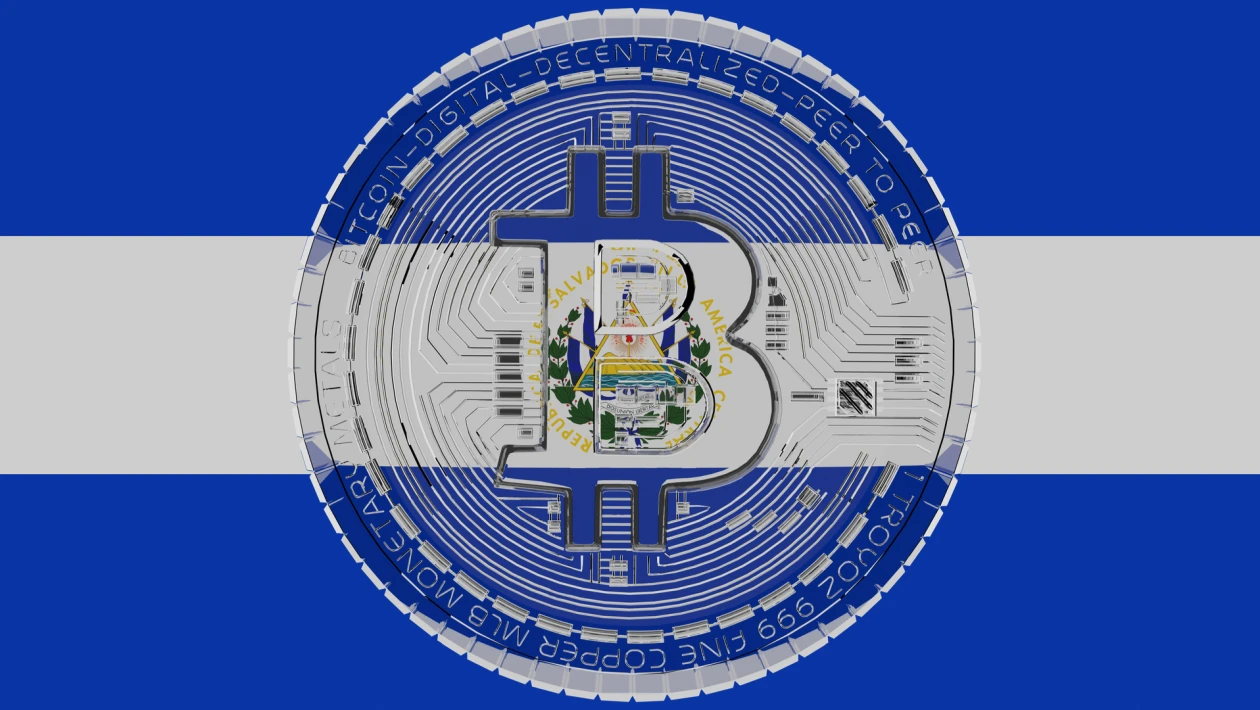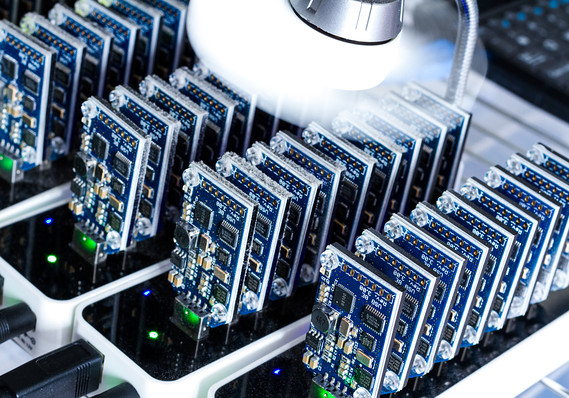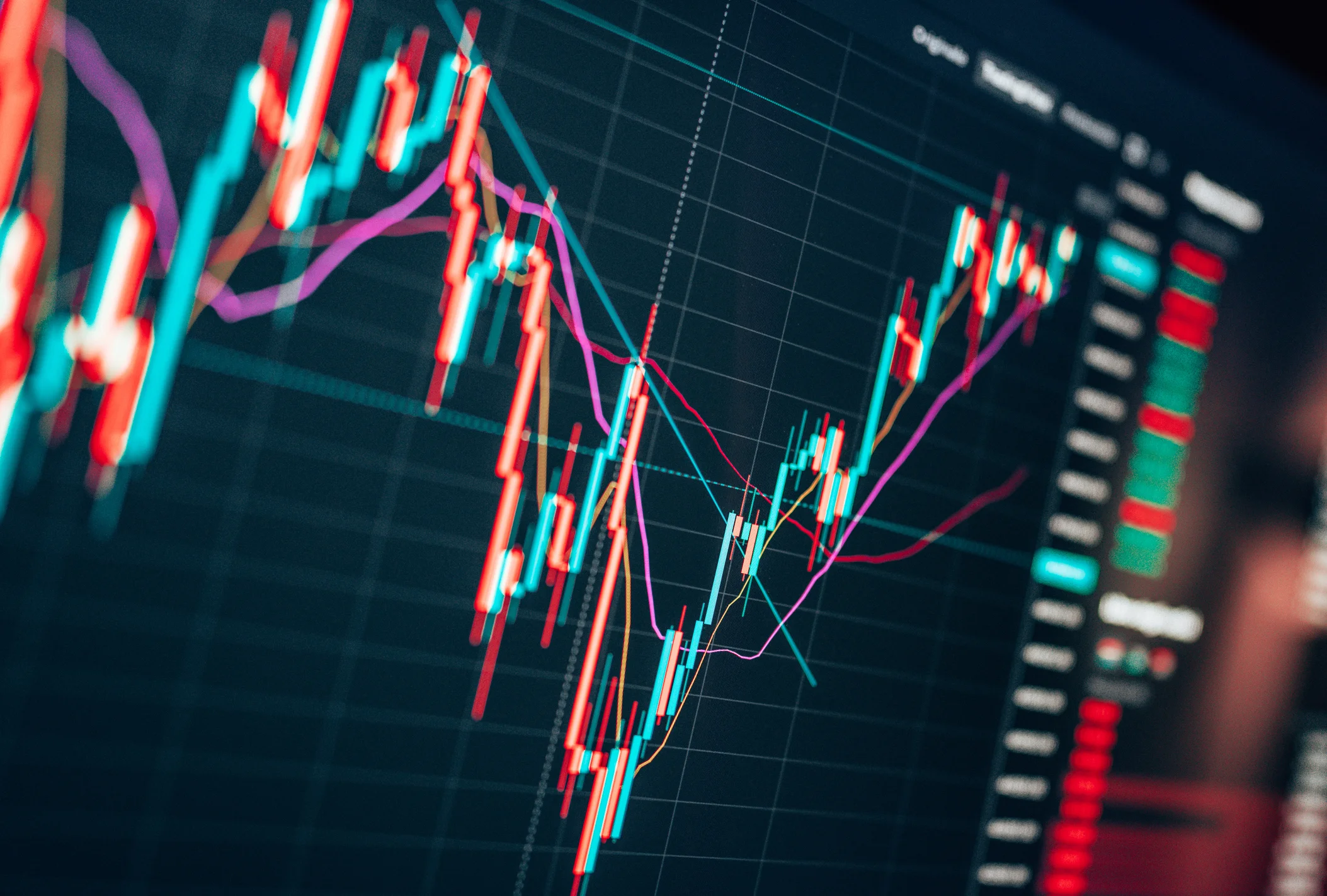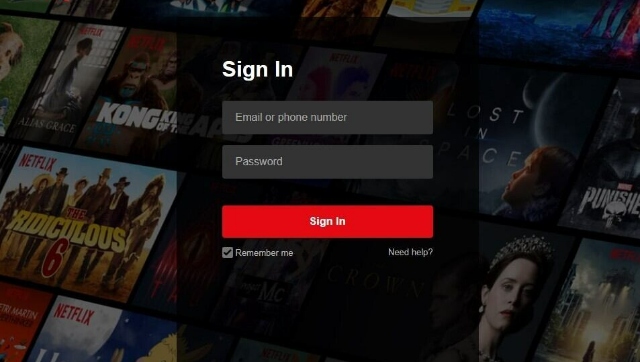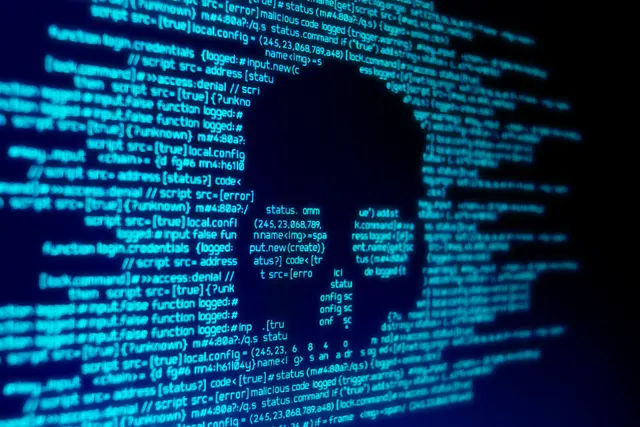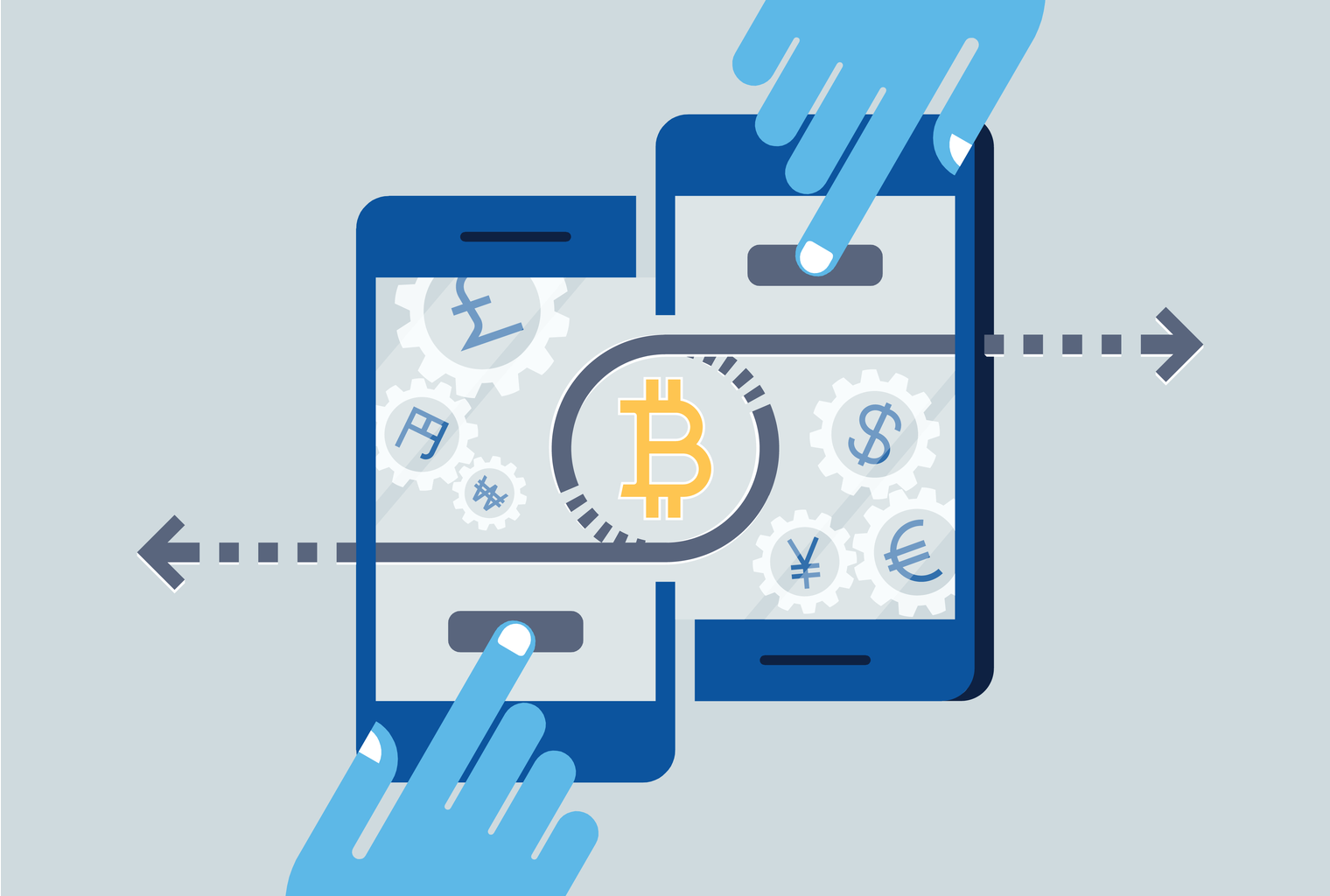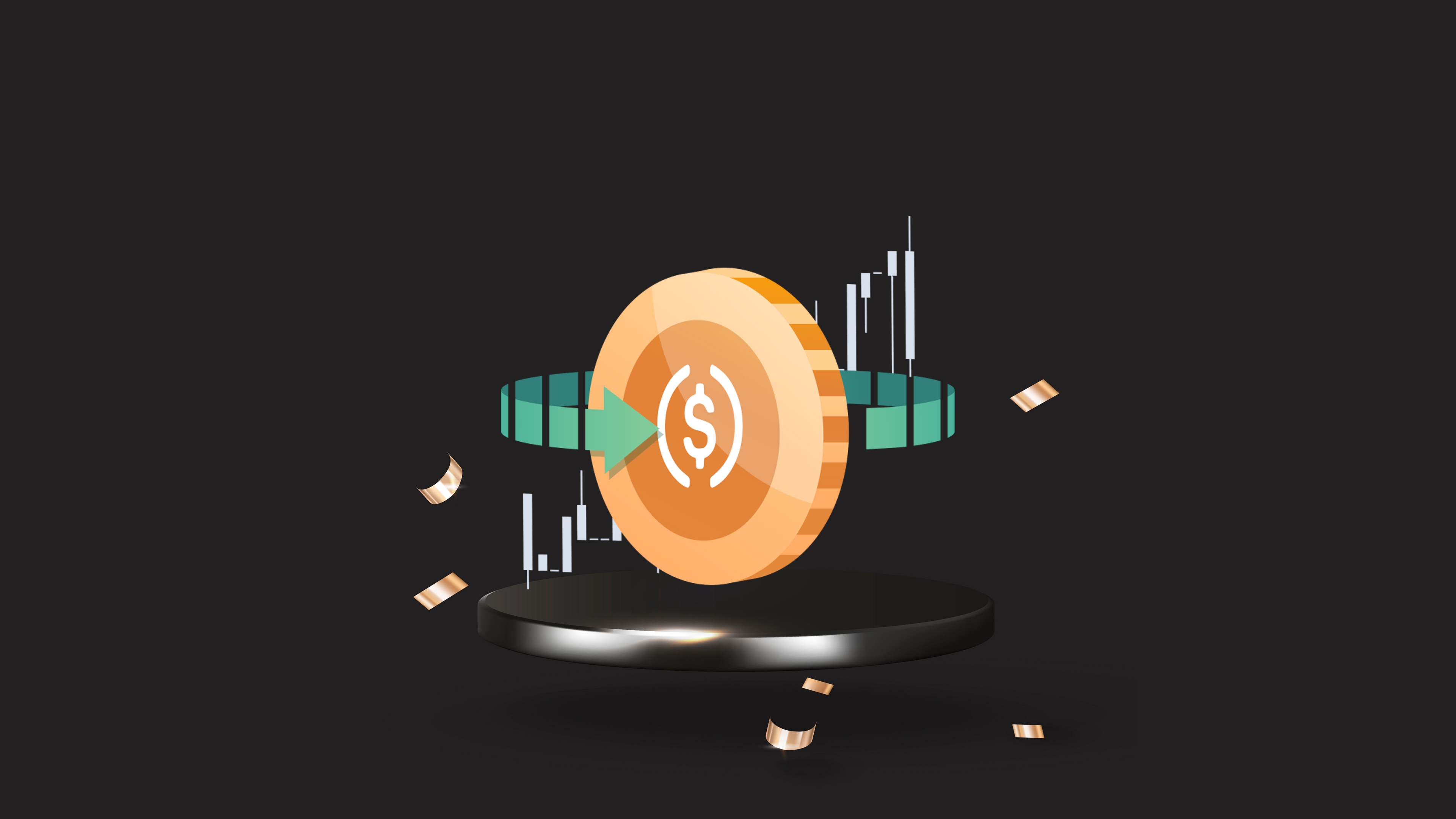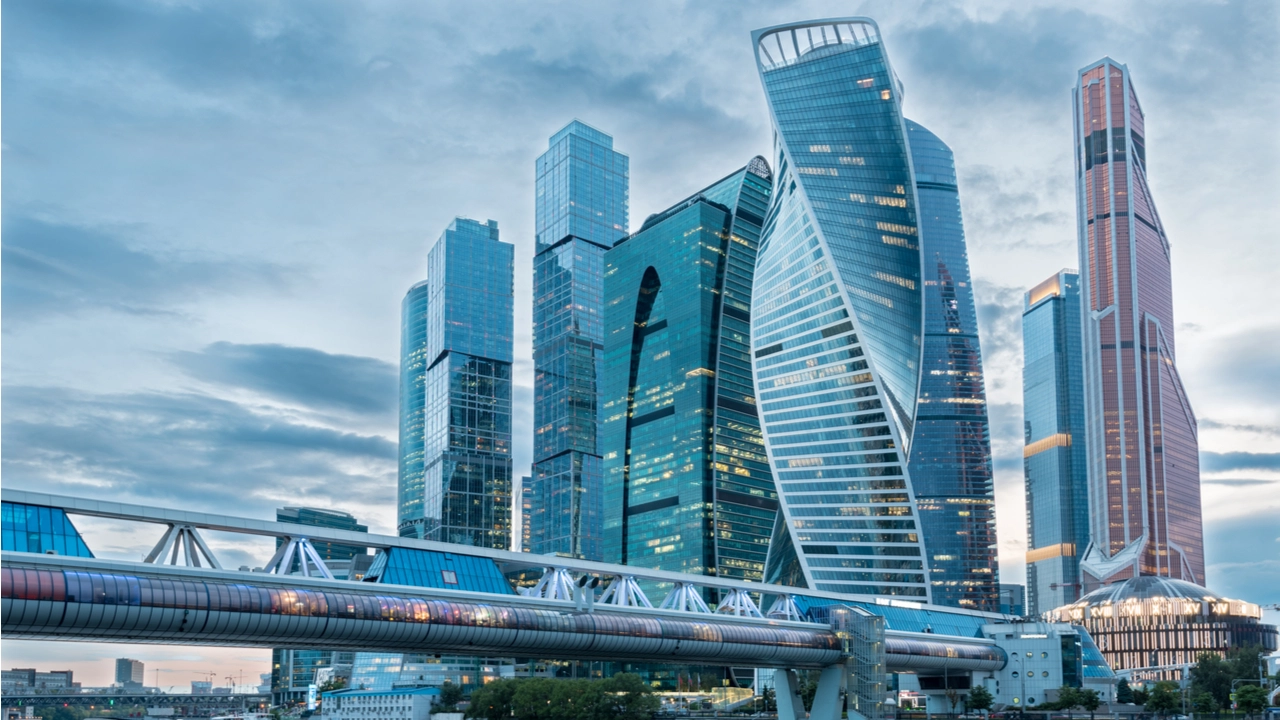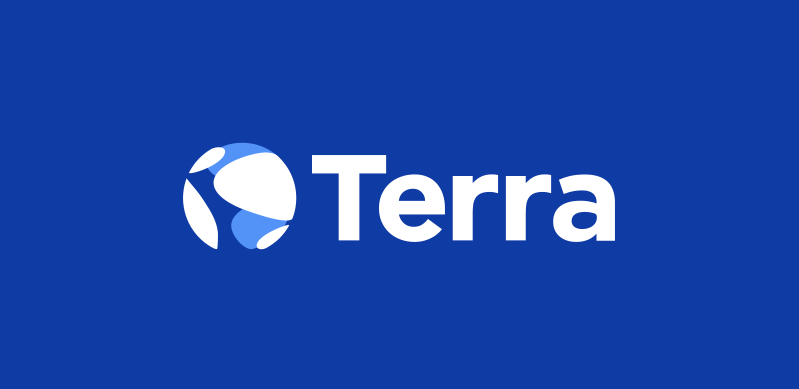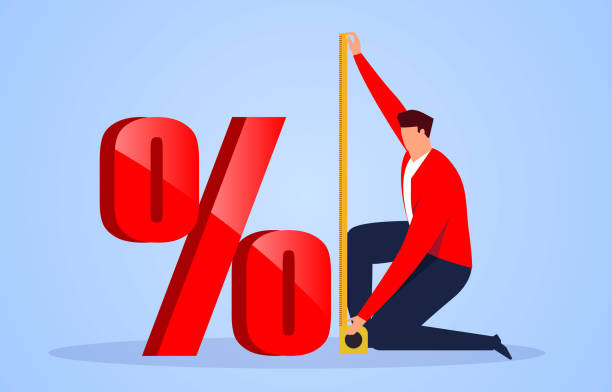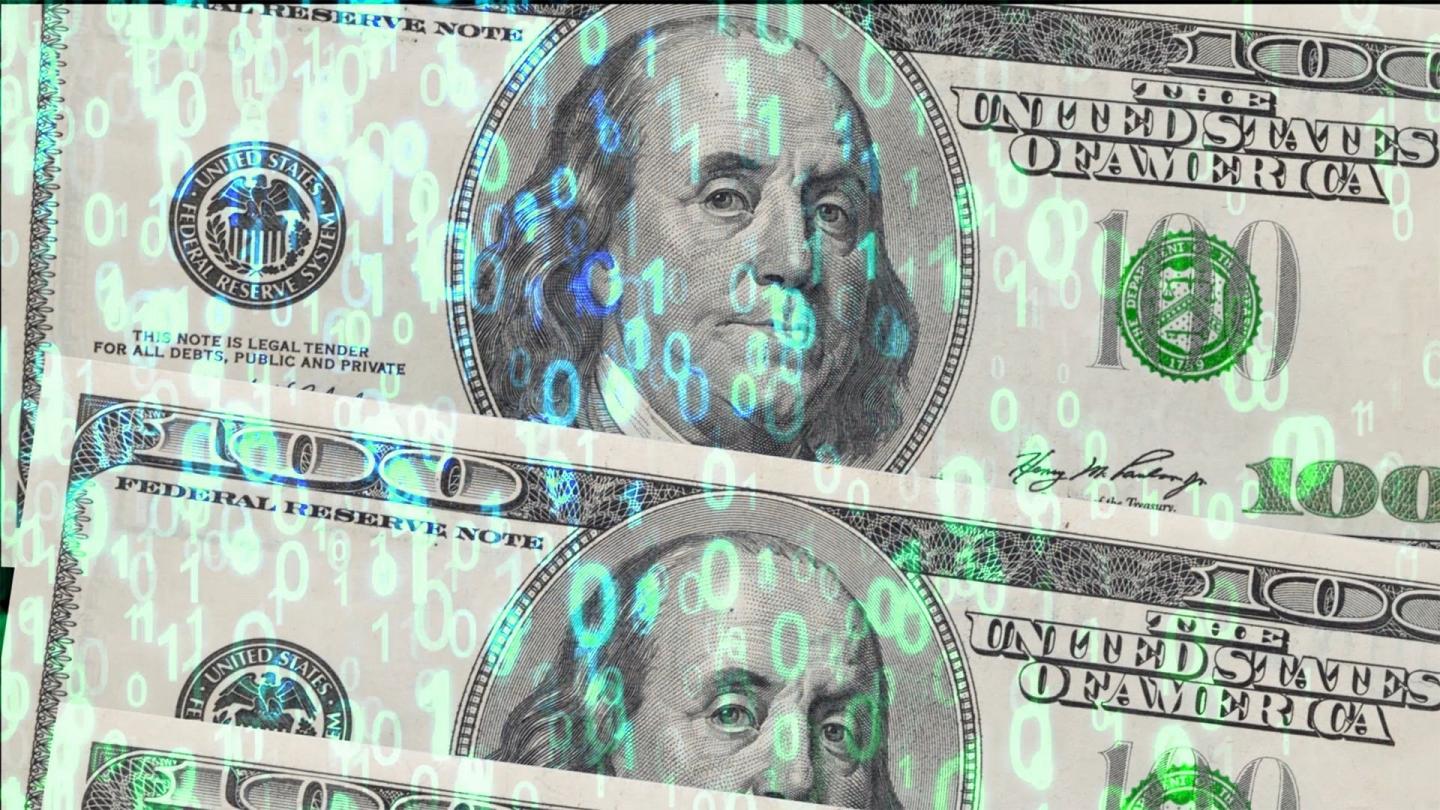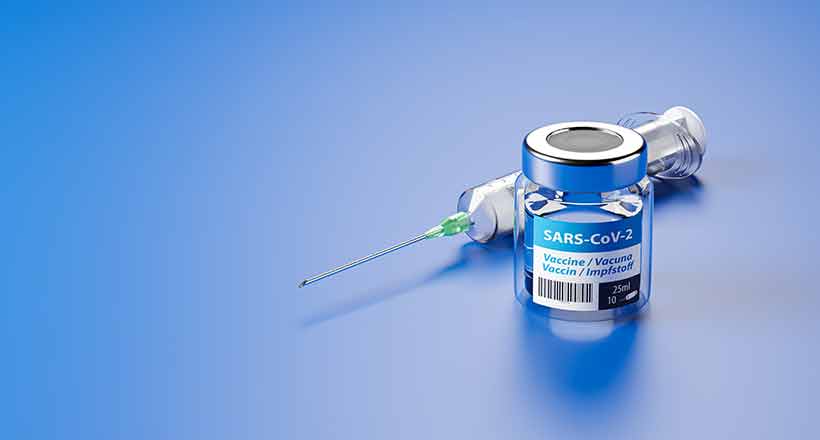There is no proposal to recognise Bitcoin as a currency in India, the FM Nirmala Sitharaman tells in Parliament.
Finance Minister Nirmala Sitharaman stated in a reply to the Lok Sabha on Monday that the government has no plans to recognise Bitcoin as a currency in the country.
She also assured the House of Representatives that the government does not gather information on Bitcoin transactions.
"No, sir," the Finance Minister answered when asked if the government had considered recognising Bitcoin as a currency in the country.
Bitcoin is a digital currency that enables people to purchase and sell goods and services without the involvement of banks, credit card companies, or other third parties.
It was first created as a cryptocurrency and electronic payment system in 2008 by an anonymous group of programmers. It is said to be the world's first decentralised digital currency, with peer-to-peer transactions taking place without the use of an intermediary.
Meanwhile, during the current Winter Session of Parliament, the government intends to introduce the Cryptocurrency and Regulation of Official Digital Currency Bill 2021. The bill aims to outlaw all but a few private cryptocurrencies in order to foster underlying technology while allowing the Reserve Bank of India to create an official digital currency.
In response to another query, Sitharaman stated that during the current fiscal year's April-September period, ministries and departments spent Rs 2.29 lakh crore on capital expenditure.
This is 41% of the Budget Estimate (BE) for 2021-22, which is Rs 5.54 lakh crore. She stated that the real expenditure in the current fiscal year is around 38% greater than the similar expenditure in FY 2020-21.
The National Infrastructure Pipeline (NIP) was announced by the Indian government with an estimated infrastructure investment of Rs 111 lakh crore between 2020 and 2025 to provide world-class infrastructure across the country and improve the quality of life for all citizens to accelerate capital expenditure for the creation and upgrading of infrastructure in the economy.
NIP began with 6,835 projects and has since grown to over 9,000 projects across 34 sub-sectors. The NIP is expected to improve project preparation, attract infrastructure investments, and play an important role in economic growth, she said.
On August 23, 2021, the National Monetization Pipeline (NMP) was also launched to unlock the value of public sector assets by tapping private sector capital and efficiencies for delivering infrastructure services, she said, adding that the proceeds of monetization will be used to upgrade existing infrastructure and build new greenfield infrastructure to boost the economy.
As a result, she stated that on October 13, 2021, Gati Shakti (National Master Plan for Infrastructure Development) was launched as a digital platform to bring Ministries/Departments together for integrated planning and coordinated implementation of infrastructure connectivity projects. It will also improve infrastructure connectivity at the final mile and cut people's journey time, she said.
On inflation, the Finance Minister stated that the government monitors the price situation of major essential commodities on a regular basis and corrective action are taken from time to time.
"Exogenous variables, such as higher international crude oil and edible oil prices, have had an influence on domestic inflation due to India's import dependence on these goods," she explained.
WPI inflation is also mainly driven by 'fuel and electricity' and'manufactured products' inflation, which is driven by higher global crude oil costs and higher international commodity/input prices, according to her.
The government has adopted a number of supply-side measures to combat inflationary pressures, she said.
Sitharaman said, the central government has lowered the Central Excise Duty on Fuel and Diesel by Rs 5 and Rs 10 correspondingly, with effect from November 4, 2021, in order to keep petrol and diesel prices in check.
"Many state governments have responded by lowering the value added tax on gasoline and diesel. As a result, retail gasoline and diesel prices have stabilised "she stated
India has agreed to release 5 million barrels of crude oil from its Strategic Petroleum Reserves as an additional price-control measure, she said, adding that this release will take place in parallel with and in consultation with other major global energy consumers such as the United States, the People's Republic of China, Japan, and the Republic of Korea.


